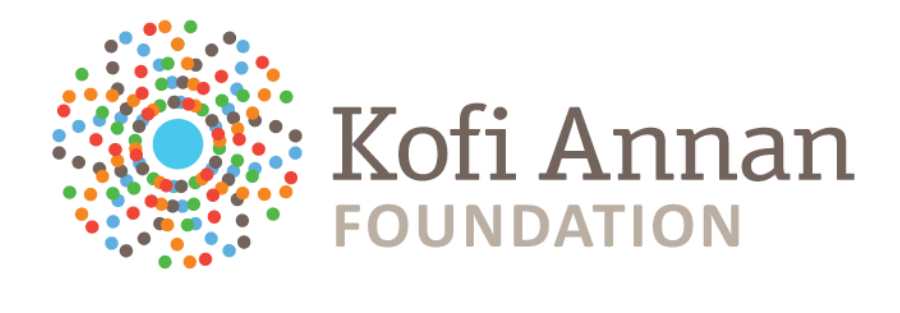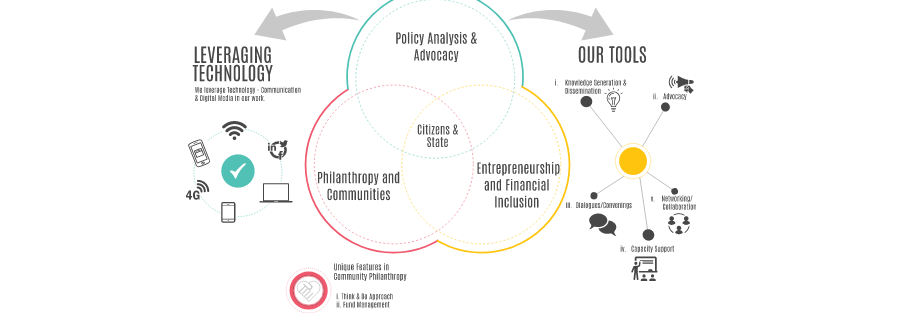In 1997, Kofi Annan became the first United Nations (UN) Secretary-General to be appointed from within the organization and the second UN Secretary-General of African heritage. His ten-year tenure left a legacy that fundamentally, development and security can only thrive where the rule of law and the respect for human rights exist. In 2001, the Nobel Peace Prize was awarded to the UN and Kofi Annan for “their work for a better organized and more peaceful world”. Shortly after his tenure ended, Annan founded the Kofi Annan Foundation in 2007 to continue his work towards a fairer, more peaceful and developed world.
This content is for subscribed members only. If you already have an account, click here to log in.
Not subscribed yet? Click here to create a FREE account to get instant access to our insights.




